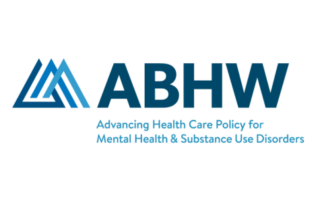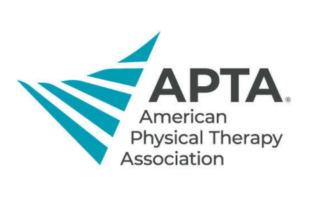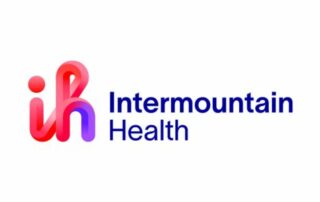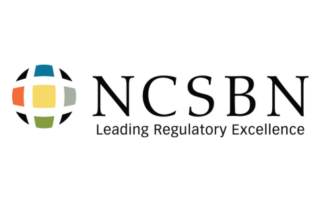The Alliance for Connected Care aims to:
Demonstrate the importance of Connected Care as a tool for improved quality and efficiency.
Build significant and high-level support for Connected Care among leaders in Congress and the Administration.
Enable more telehealth to support new models of care.
Lift geographic and site restrictions for telehealth in Medicare.
Establish a consensus-based, standardized definition of Connected Care to advance with policymakers.
Alliance News
Bipartisan Policy Center (BPC): Maximizing the Value of Remote Patient Monitoring
Bipartisan Policy Center (BPC): Maximizing the Value of Remote Patient Monitoring The Bipartisan Policy Center (BPC) released a health explainer, which offered evidence-based strategies to maximize the value of remote patient monitoring, a digital service that transmits patients’ at-home data to health care providers. The explainer recommends policymakers to focus on four key areas: Direct remote monitoring to those who need it most Ensure remote monitoring services are well-implemented Reduce barriers to provider adoption of high-value remote monitoring tools
JAMA Network: Interstate Telemedicine in the Courtroom – Response and Reply
JAMA Network: Interstate Telemedicine in the Courtroom – Response and Reply Barak Richman, a professor at the Duke Law School, published a viewpoint analysis in August urging for state medical boards to permanently adopt the pandemic flexibilities that supported interstate telemedicine. Charles Kels, senior attorney at the Department of Homeland Security, published a response, highlighting that states, as medical regulators, should encourage multijurisdictional telehealth because it is the right thing to do, not for the fear of litigation. Dr. Richman responds to the rebuttal, warning that state licensure boards should not succumb to new sources of outside control. [...]
JAMA Network Open: National Telehealth Contingency Staffing Program and Primary Care Quality in the VHA
JAMA Network Open: National Telehealth Contingency Staffing Program and Primary Care Quality in the VHA The Veterans Health Administration (VHA) launched the Clinical Resource Hub (CRH), a national telehealth contingency staffing program, to address primary care staffing shortages and improve veteran access to primary care. The study found veterans receiving primary care services through the CRH, had improvement in blood pressure outcomes. These findings suggest that the CRH program may be helpful in addressing veteran primary care needs without introducing or worsening disparities in ambulatory quality measures among racial and ethnic minority veterans.
Frontiers: Addressing Barriers to Equitable Telehealth for Older Adults
Frontiers: Addressing Barriers to Equitable Telehealth for Older Adults Aging is associated with the development of chronic conditions and multimorbidity, which led older adults to incur, on average, $5,277 in medical expenses in 2022. Telehealth is a particularly useful tool in helping manage many chronic conditions, particularly when it can be delivered at lower cost to patients and reduce the need for physical travel. As telehealth becomes a ubiquitous part of health care, identification of barriers to older adults' usage of telehealth and systematic strategies to address them can reduce health care inequities and potentially improve access and quality [...]




















